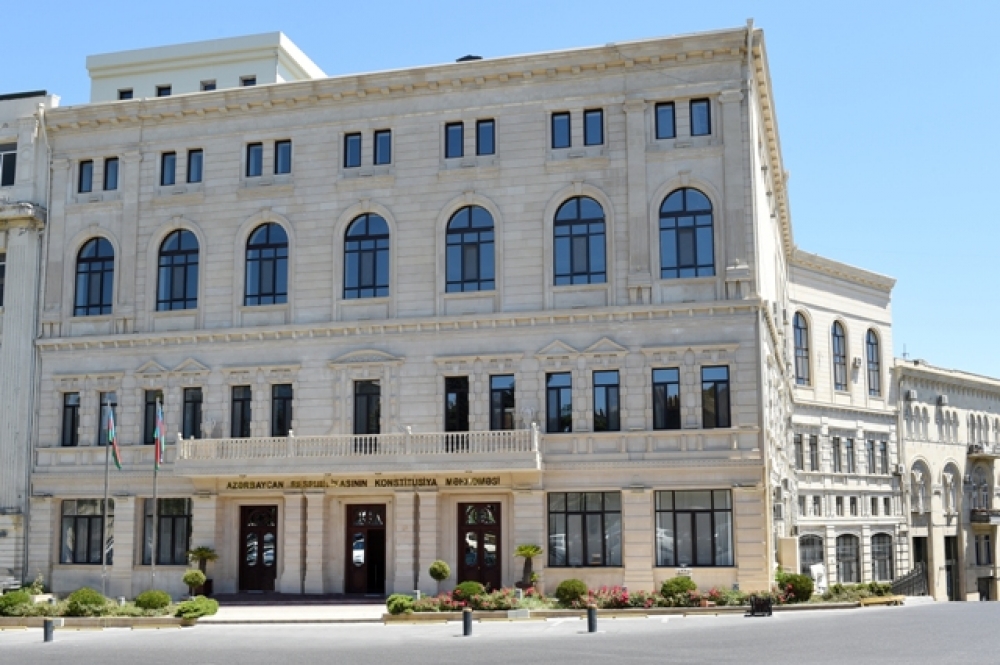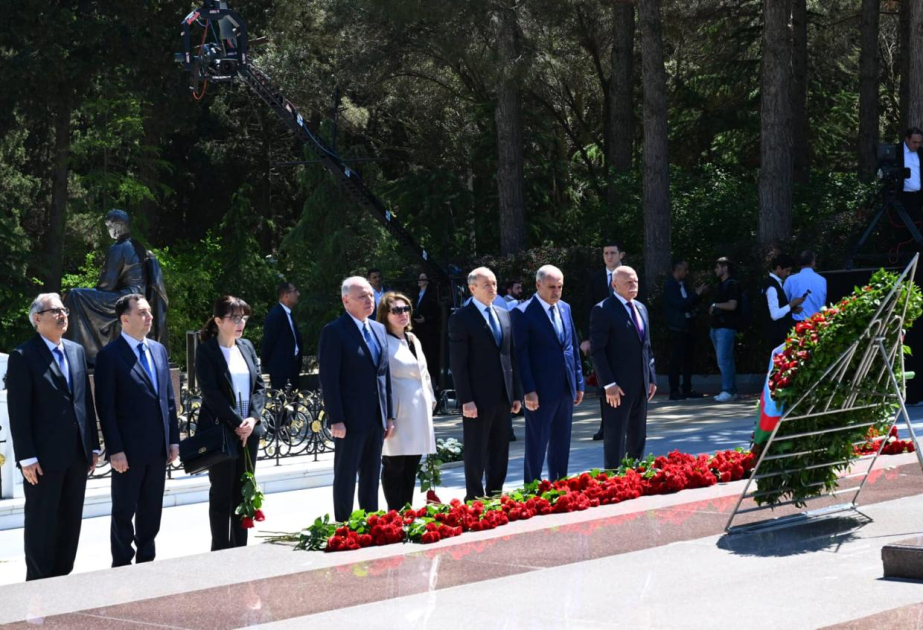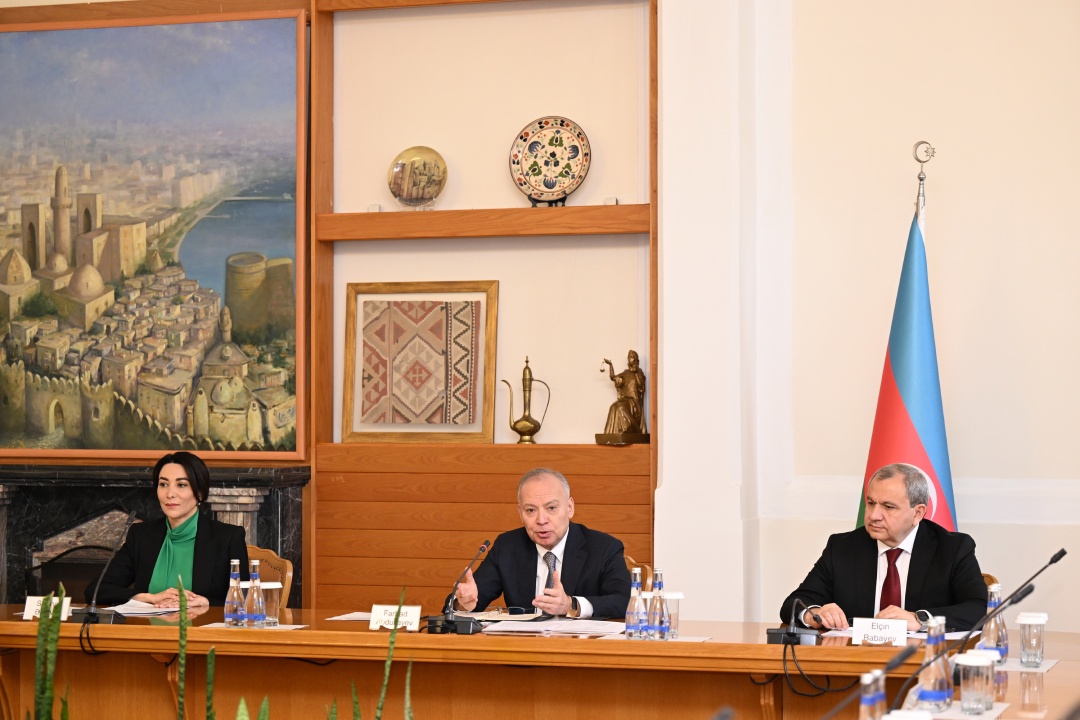06.10.2020
The Constitutional Court of
the Republic of Azerbaijan has issued an appeal to all Constitutional Courts of
the world within the framework of the World Conference on Constitutional
Justice, the Conference of European Constitutional Courts, as well as the
Association of Asian Constitutional Courts and Equivalent Institutions.
The appeal emphasizes that
Armenia's military provocations against Azerbaijan have recently become regular
in nature. It notes that as a result of these provocations, heavy artillery
shelling of Azerbaijani cities far from the Nagorno-Karabakh region caused
casualties among both servicemen and the civilian population. These actions
represent a continuation of the policy of the aggressive Armenian government
launched in 1988, aimed at the occupation of Azerbaijani territory and
accompanied by ethnic cleansing of the Azerbaijanis.
The appeal also says that the
occupation of the Nagorno-Karabakh region and seven surrounding districts of
Azerbaijan by the Armenian army resulted in a complete destruction of many
towns and villages, as well as the ethnic cleansing of the local population. It
was noted that as a result of the Armenian aggression, about a million
Azerbaijanis were forcibly deported from their homes. As a result of the
horrific crime committed in Khojaly not only against the Azerbaijani people but
also against humanity, 613 peaceful Azerbaijanis were brutally killed because
of their nationality. Of them, 63 were children, 106 were women and 70 were
elderly people. In addition, 1,275 people were taken hostage, the fate of 150
of them, including 68 women and 26 children, is unknown.
It was brought to the
attention of the Constitutional Courts that the decisions and resolutions
adopted by the UN, the Council of Europe, the OSCE, the European Union and
other international organizations explicitly confirm that Nagorno-Karabakh is
an integral part of Azerbaijan. In 1993, the UN Security Council adopted four
resolutions (882, 853, 874, 884) demanding an immediate withdrawal of Armenian
troops from the occupied territories of Azerbaijan. However, the said decisions
and resolutions have not yet been implemented by Armenia.
Also, in a decision of the
European Court of Human Rights in the case of Chiragov and others against
Armenia dated 16 June 2015, the Strasbourg Court noted that the process in
Nagorno-Karabakh was carried out under the control of Armenia.
The appeal also says that
since 27 September, Armenian armed forces have been firing on military
positions and settlements using various weaponry, including heavy artillery.
Given the Armenian government's complete refusal to engage in constructive
talks within the OSCE Minsk Group, the Azerbaijani government had to launch a
military operation against the Armenian armed forces based on international law
in order to restore the country's territorial integrity within internationally
recognized state borders and ensure the security, peace and stability of its
citizens.
It notes further that the
military operations of the Azerbaijani Armed Forces are not aimed at civilians
or civilian infrastructure. The operations are carried out in accordance with
the principles of international humanitarian law and the obligations arising
from the Geneva Convention.
In conclusion, the appeal expresses confidence that the legitimate and compulsory actions of the Azerbaijani government will result in the restoration of the country’s jurisdiction in the occupied territories, the return of refugees to their homes and the establishment of international law.

















